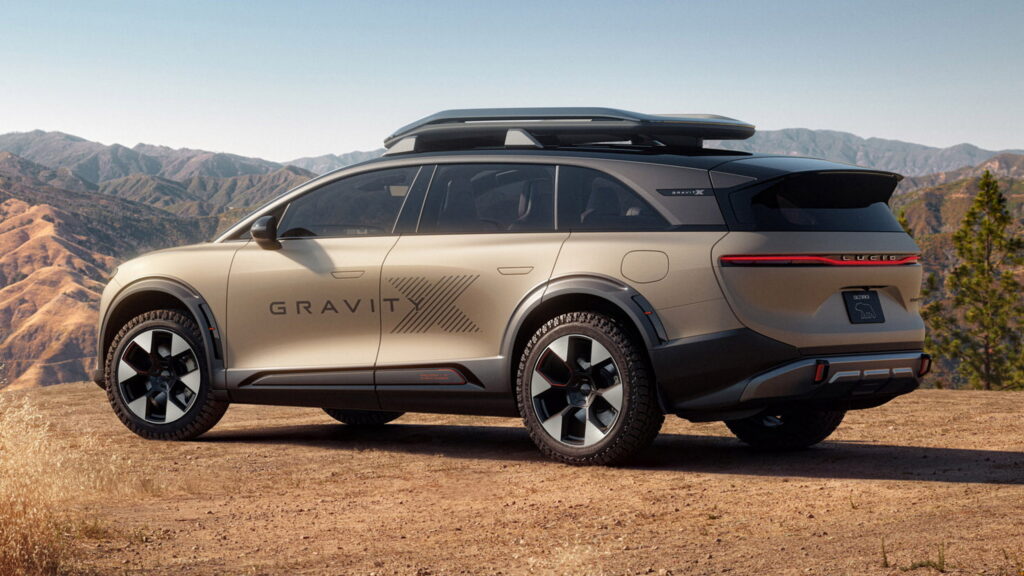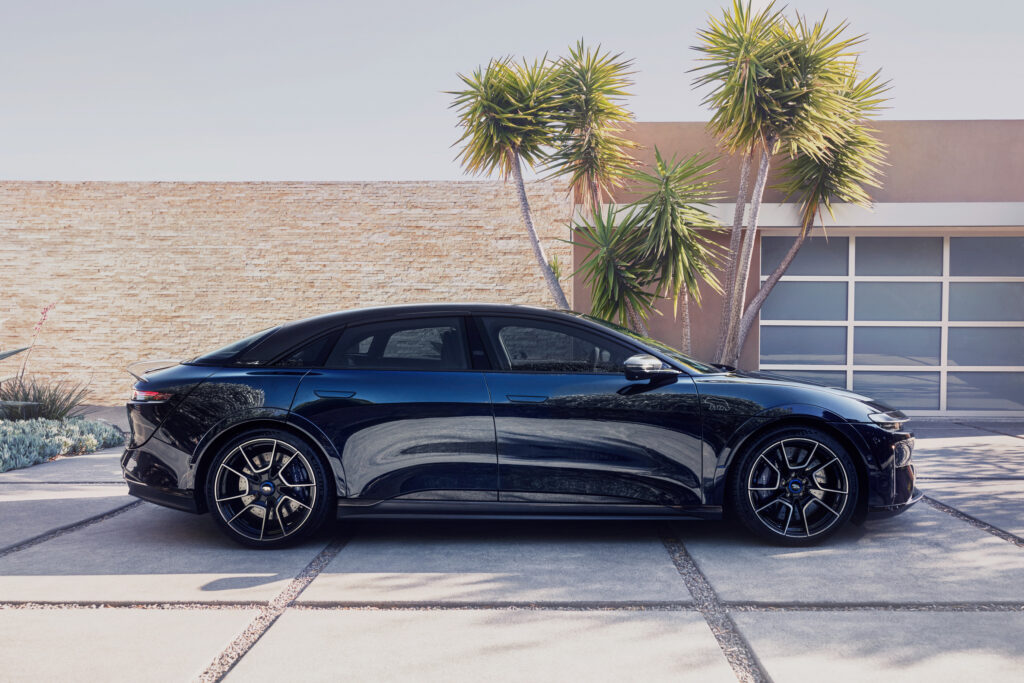Strategic Partnership Between Uber and Lucid
In July, Uber made a $300 million investment in electric vehicle manufacturer Lucid to support its further development. The agreement also includes the supply of 20,000 Gravity crossovers for creating a new robotaxi network in the United States. Lucid’s management believes that Tesla’s outdated model lineup contributes to customers switching to their brand.
Financial Challenges and New Opportunities
Despite the Lucid Air being recognized as one of the most advanced electric vehicles with the longest range in the United States, the company continues to face significant financial difficulties. Each car sold results in losses, so the partnership with Uber and the strategy of attracting drivers from competitors could be crucial for stabilizing the situation.
Thanks to the deal with Uber, Lucid will receive $300 million in investments, making Uber the second-largest shareholder after the Saudi Sovereign Fund. The company plans to use 20,000 Gravity crossovers for a large-scale robotaxi network, which will be launched in the United States starting next year.
Critical Moment for Development
This agreement came at a crucial time for Lucid. Following the Trump administration’s decision to cancel tax incentives for electric vehicles and penalties for non-compliance with emission standards, electric vehicle manufacturers face the risk of declining sales. However, Lucid CEO Mark Winterhoff is confident that the partnership with Uber will mark the beginning of a new era for the brand.
The world’s largest taxi service is making a strategic deal and investing. That says something… 20,000 is just the beginning. The sky is the limit.
Lucid is also developing innovative approaches to maximize the benefits of the deal with Uber. The company plans to sell vehicles to fleet managers on the Uber platform and generate revenue from charging based on mileage. Winterhoff noted that the cancellation of tax incentives deprives the company of a significant portion of profits, making it important to effectively utilize the opportunities from the collaboration with Uber.

Competition with Tesla
During an interview, Winterhoff also commented on competitors, hinting at Elon Musk’s company. He stated that Lucid is seeing an increase in the number of former Tesla owners switching to their vehicles, citing the competitor’s outdated model lineup and Musk’s political activity, which repels some buyers.
We are seeing growth, that’s for sure, in Europe and here in the United States. The Model S hasn’t changed in 12 years… customers are actively looking for other options.
However, Lucid still has a long way to go before it can seriously compete with Tesla in terms of sales volume.

Future Plans
A key element of Lucid’s future plans is a compact crossover that will cost less than $50,000 and may be named Earth. The model’s design will be borrowed from the existing lineup, and production will begin by the end of 2026. There are also plans to create an off-road vehicle based on the Gravity X concept, with another model to be introduced in 2028.
These initiatives demonstrate how priorities are changing in the electric vehicle market, where traditional sales are gradually being complemented by service models like robotaxi networks. The terms of the deal with Uber could serve as a model for other manufacturers seeking alternative funding sources amid reduced government support. At the same time, growing competition among manufacturers is accelerating model lineup updates and expanding vehicle functionality.


 by
by 
